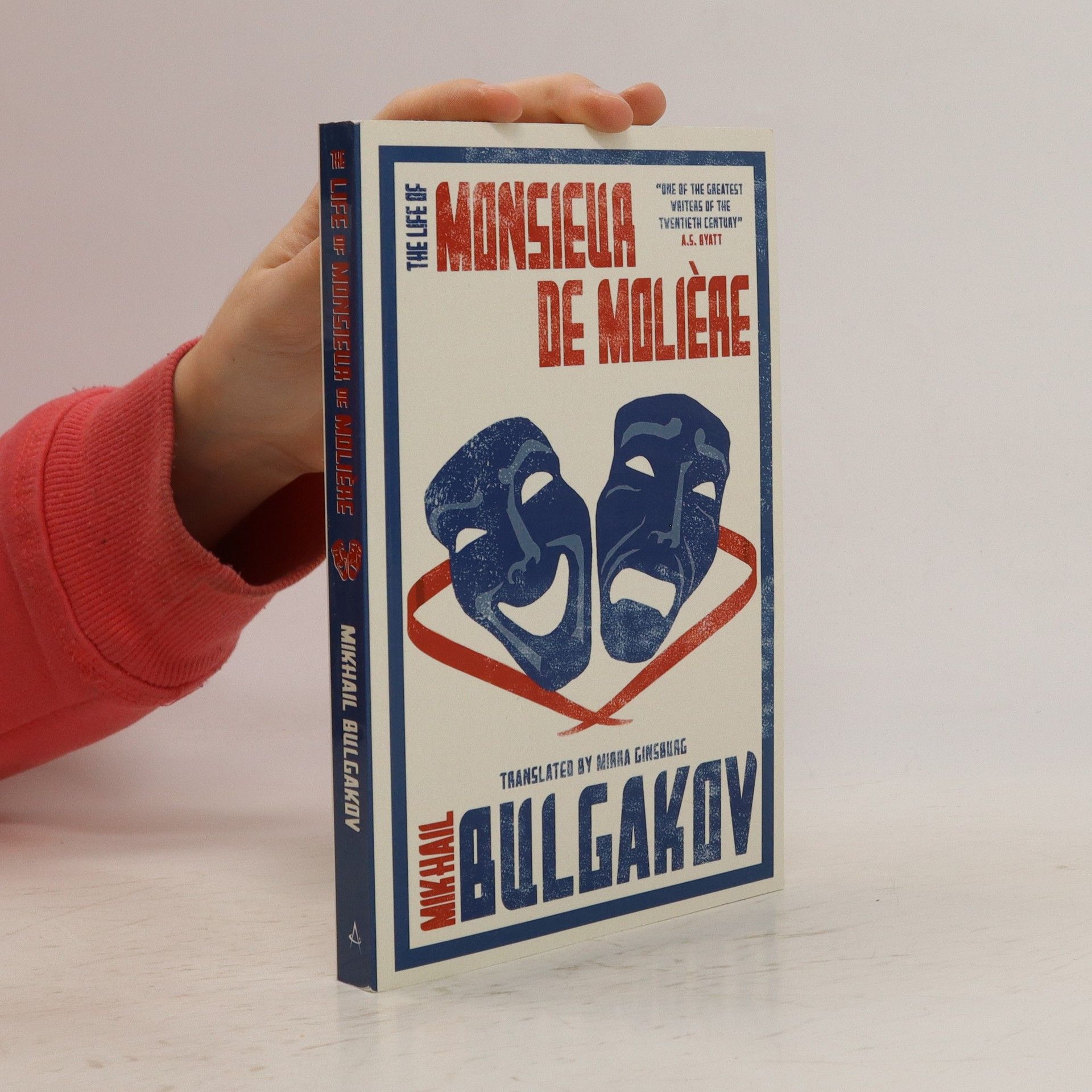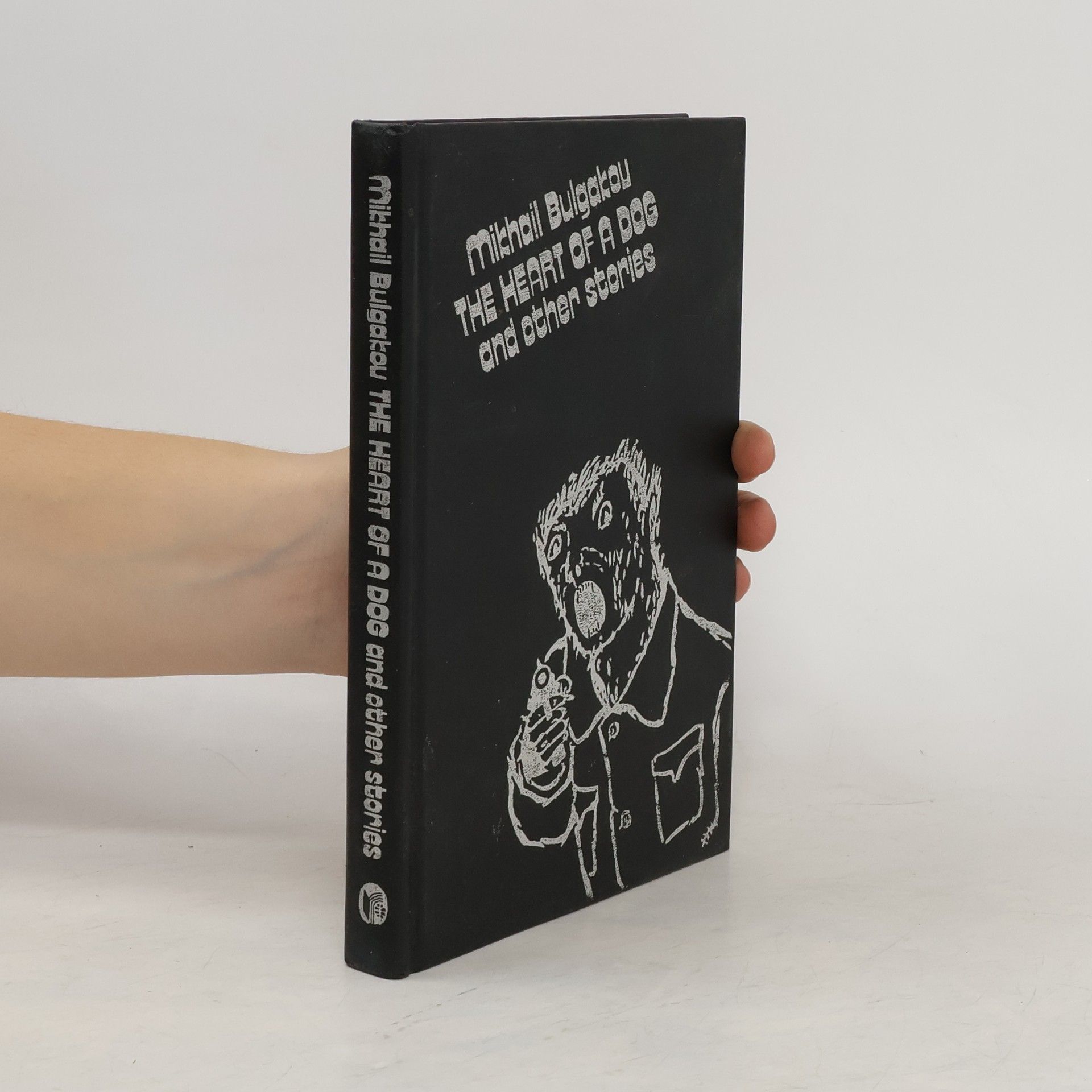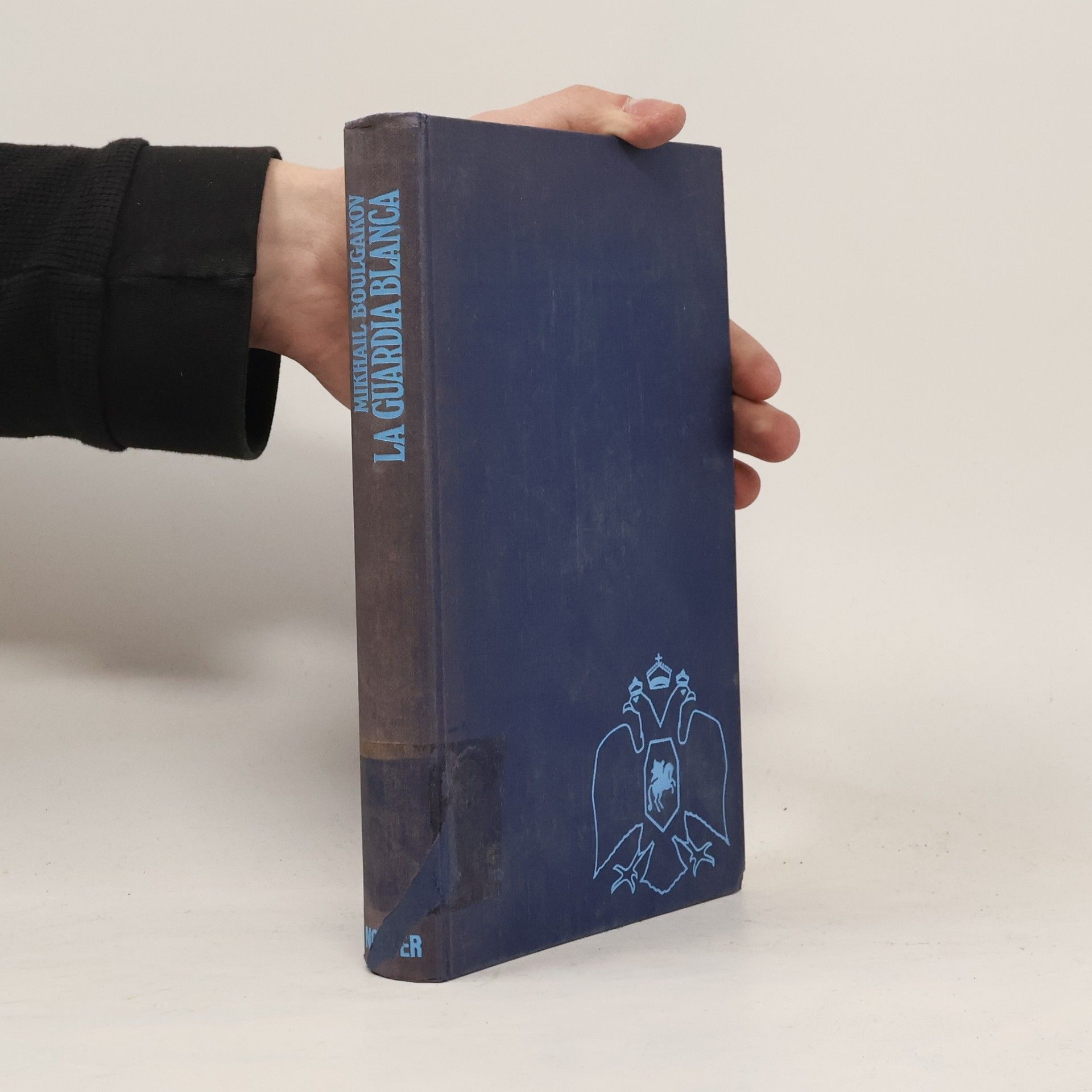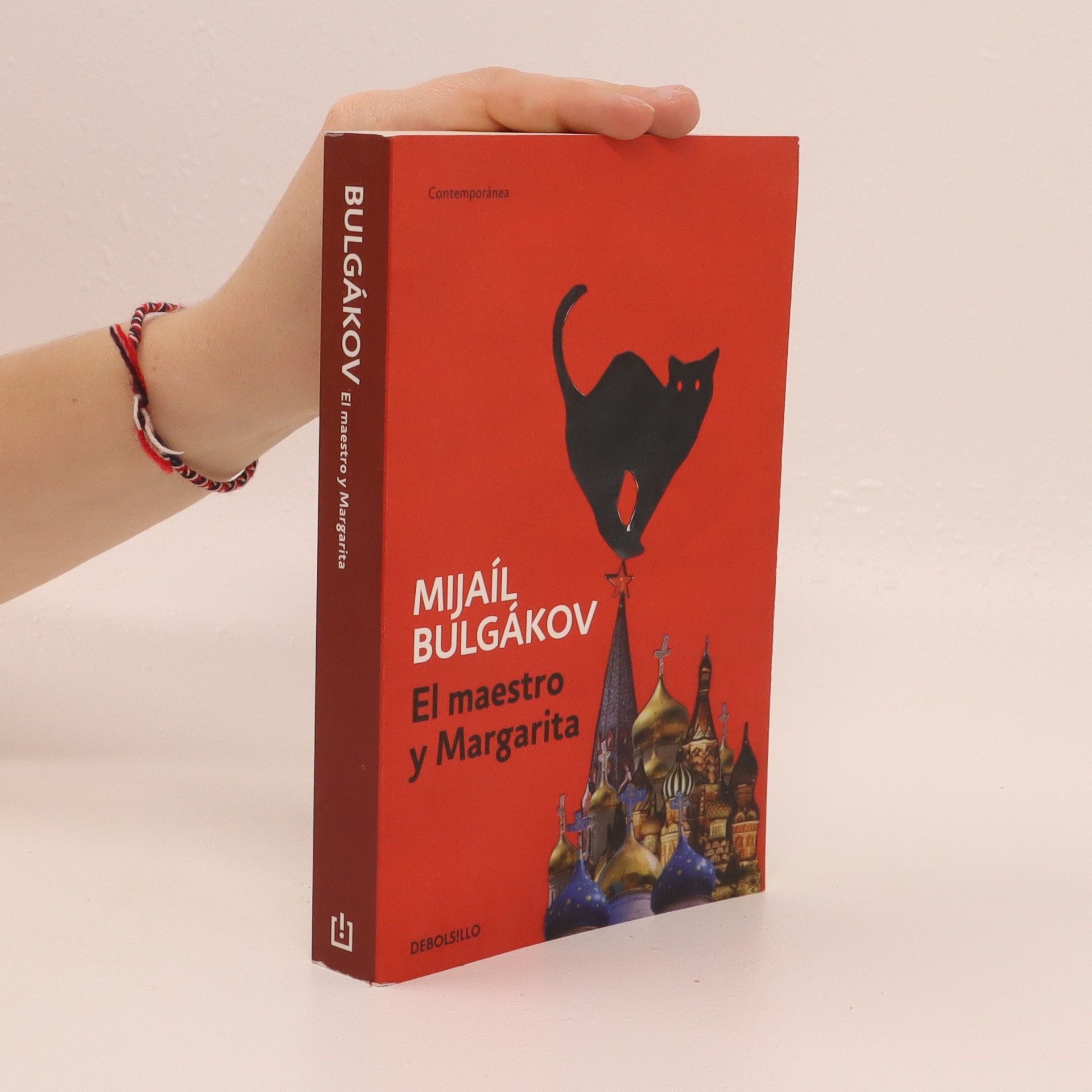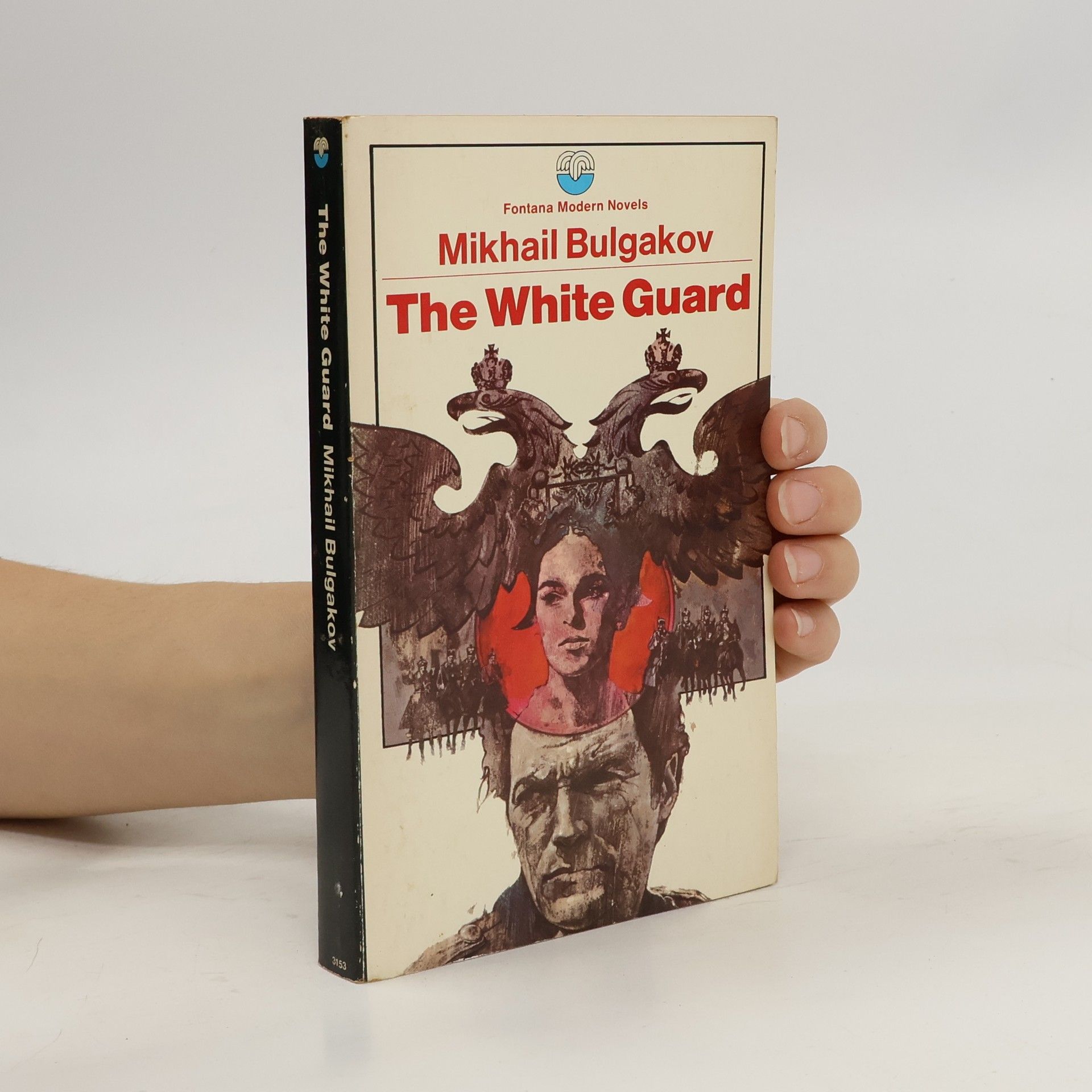El maestro y Margarita
- 480 páginas
- 17 horas de lectura
El maestro y Margarita, que no vio la luz hasta 1966, es sin duda una de las obras maestras de la literatura del siglo XX . Moscú, 1930. Sobre la ciudad desciende Satán bajo la forma de un profesor de ciencias ocultas, y suceden prodigios que trastornan la vida de los moscovitas. Entre los afectados está Margarita, a la que Satán ofrece, a cambio de su compañía en una fiesta, la liberación de su amante, el maestro, que se encuentra en un psiquiátrico después de la mala acogida de su obra sobre Poncio Pilato (que esconde a la figura de Stalin) y Yehosua. Reseña: «Una de las grandes novelas del siglo. Un texto libérrimo, que escapa por todas sus costuras, una rebelión de la imaginación frente al corsé estalinista, un desafío.» Marcos Ordóñez, Babelia ENGLISH DESCRIPTIONNothing in the whole of literature compares with The Master and Margarita. One spring afternoon, the Devil, trailing fire and chaos in his wake, weaves himself out of the shadows and into Moscow. Mikhail Bulgakov's fantastical, funny, and devastating satire of Soviet life combines two distinct yet interwoven parts, one set in contemporary Moscow, the other in ancient Jerusalem, each brimming with historical, imaginary, frightful, and wonderful characters. Written during the darkest days of Stalin's reign, and finally published in 1966 and 1967, The Master and Margarita became a literary phenomenon, signaling artistic and spiritual freedom for Russians everywhere.

